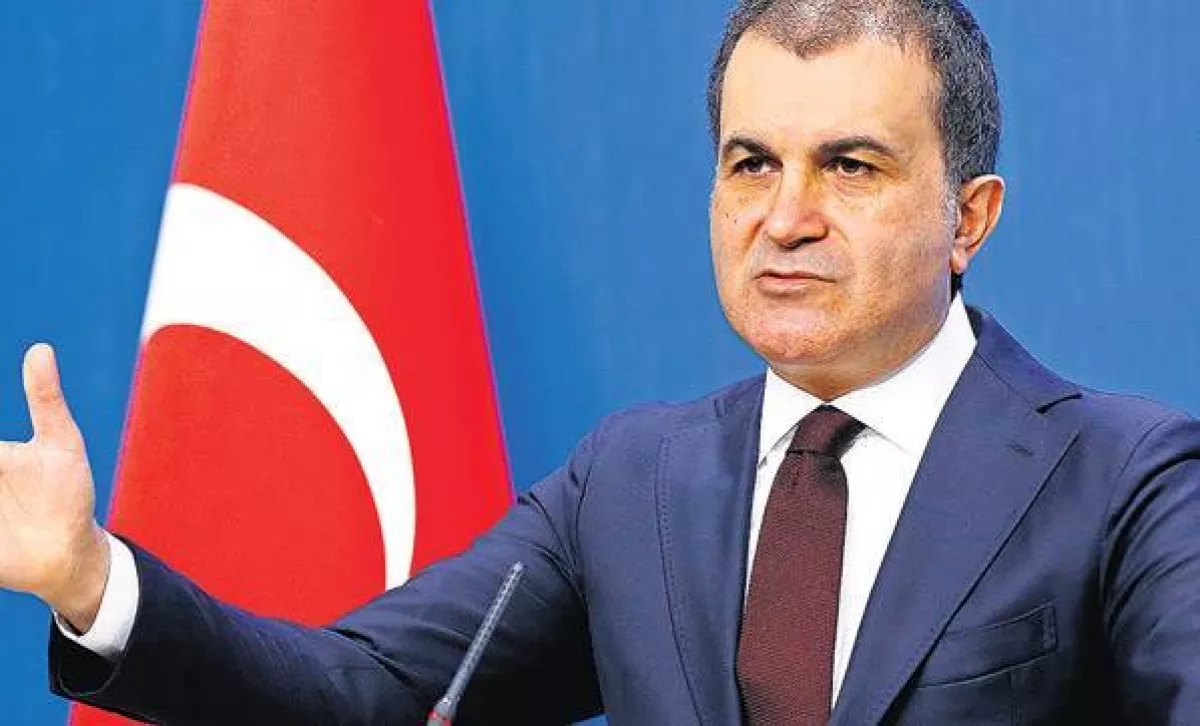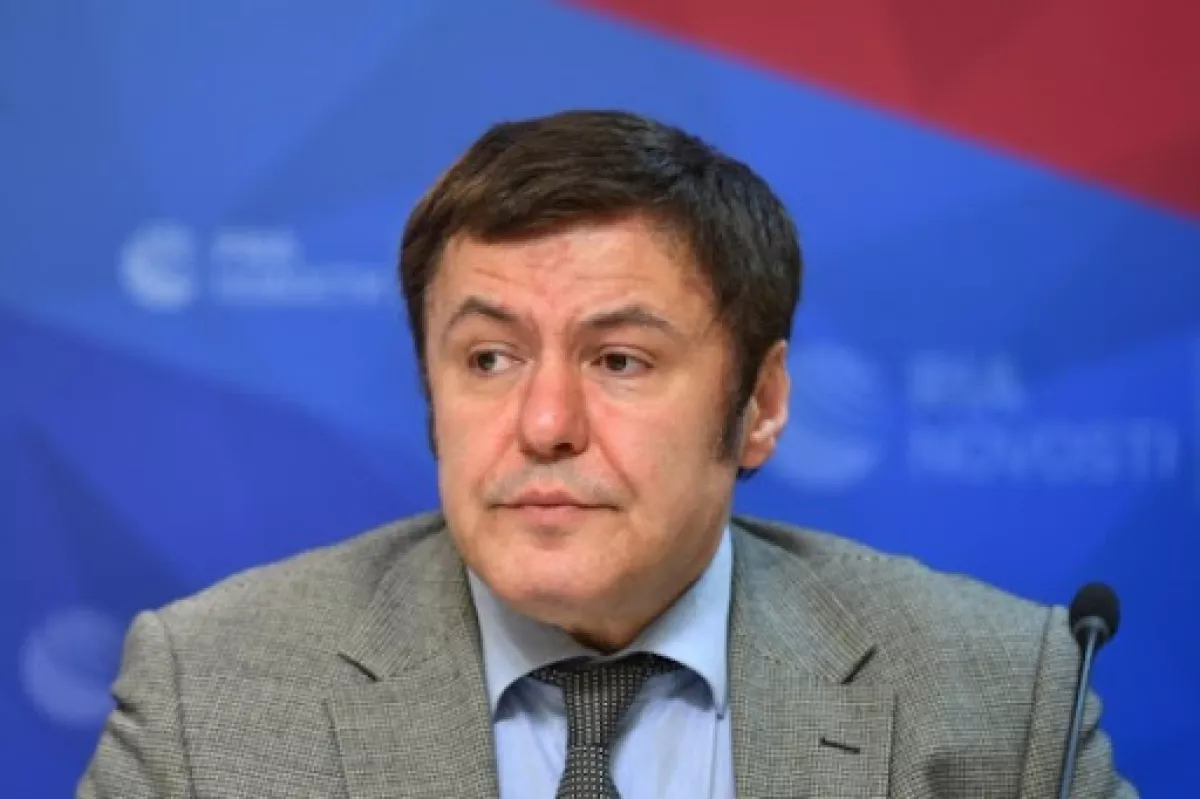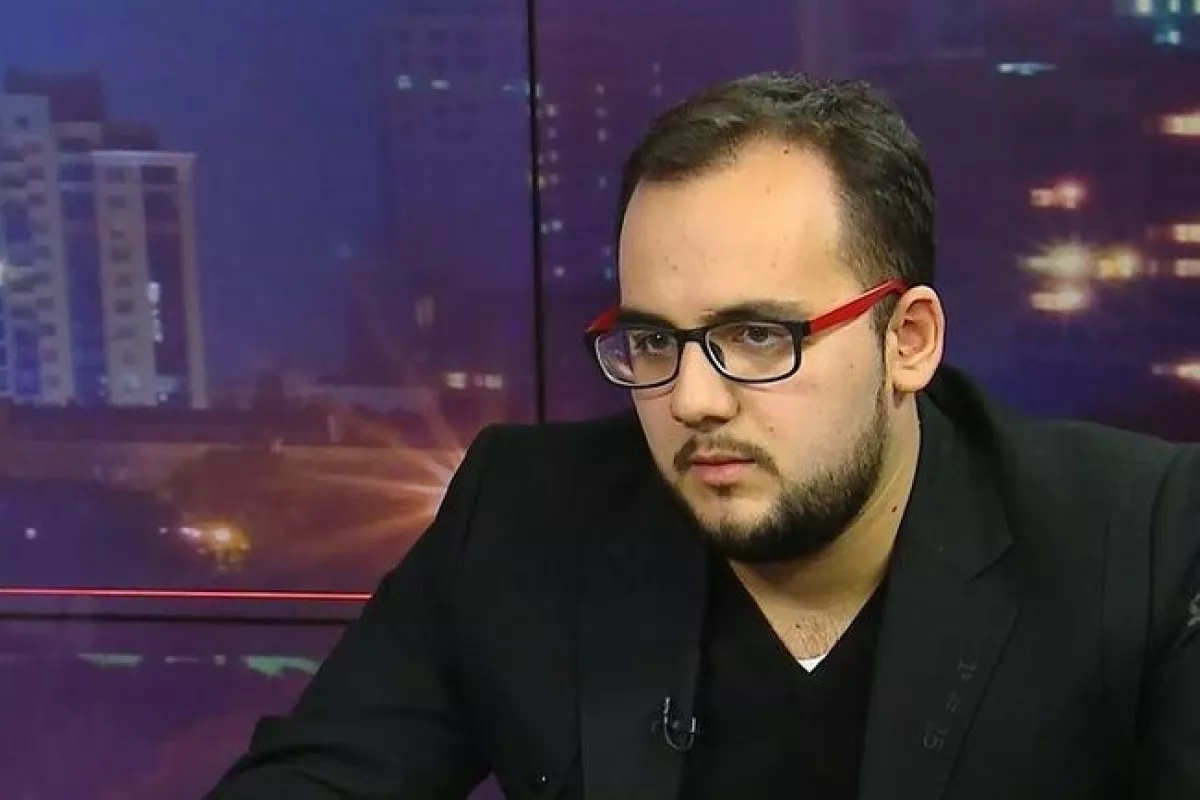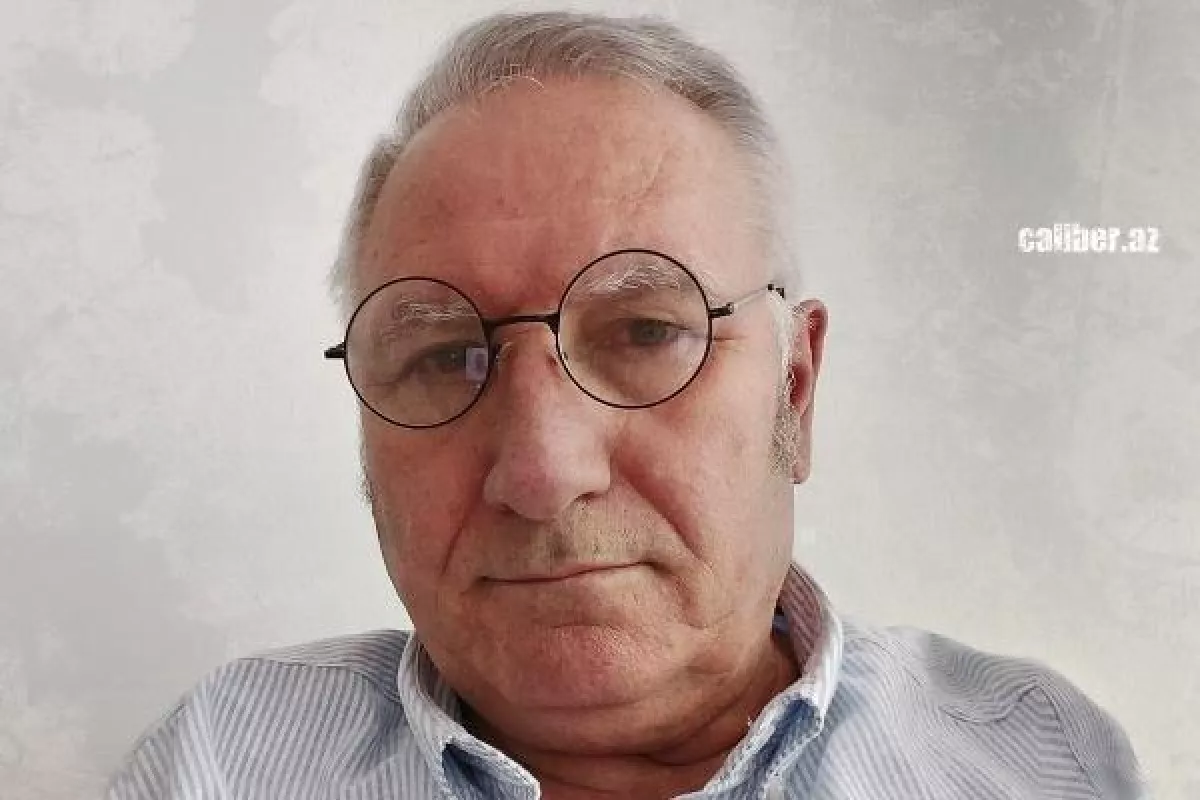PKK disbands itself. What’s next? Experts offer insights on the road ahead
The Kurdistan Workers’ Party (PKK), designated as a terrorist organisation by Türkiye and several other countries, has announced its self-dissolution and the end of its armed struggle. The PKK also declared its decision to cease the armed conflict with Türkiye, which had lasted for more than 40 years.
In February, the group’s leader Abdullah Öcalan had called for its disbandment. Ömer Çelik, a representative of Türkiye’s ruling Justice and Development Party (AK Parti), called the PKK’s announcement an important step toward achieving the goal of a “terror-free Türkiye,” according to TRT Haber.

“This is a critical turning point and, if realised in its entirety, could open the door to a completely new era for the nation,” emphasised the representative of the ruling party.
Ömer Çelik added that the decision must be implemented in practice.
“This process will be closely monitored by state institutions with precision on the ground. The progress made will be regularly reported to President Erdogan,” he said.
But what could this entire process lead to in practical terms? One might assume that several outcomes are possible.
Prominent regional experts shared their views on the matter with Caliber.Az.

Mehmet Emin İkbal Dürre, PhD in History, Middle East expert and Associate Professor at the Department of Foreign Regional Studies at Moscow State Linguistic University (MSLU), believes that the post-dissolution process of the PKK is most likely to proceed under the control of its imprisoned leader, Abdullah Öcalan.
"In its dissolution statement, the PKK declares that it will remain loyal solely to Abdullah Öcalan until the very end. I believe that the Turkish authorities will allow Öcalan to oversee this process, as such an approach could help minimise the existing risks. For example, if certain splinter groups reject the general decision, they might go underground and continue operating under the PKK name. Alternatively, others could rebrand under new names and still continue terrorist activities against Türkiye. It’s important to understand that these risks persist even if Öcalan himself supervises the PKK’s dissolution," Dürre noted.

Ilya Kusa, an expert on international politics and the Middle East at the Ukrainian Institute for the Future think tank, stated that this development is, first and foremost, a victory for the Turkish authorities.
“Because the organisation wasn’t defeated militarily and then dissolved — no, this happened as a result of negotiations. And since the PKK essentially symbolises Türkiye’s war with Kurdish separatists, this marks an important political and symbolic victory for Erdoğan over one of Türkiye’s long-standing adversaries. He is the first president to achieve such an outcome.
Of course, this doesn’t resolve the broader conflict as a whole, because, firstly, the conflict is not limited to the PKK alone, and secondly, it is deeply rooted and stems from the clash between two mutually exclusive ideologies — a problem that remains unresolved.
The self-dissolution of the organisation itself doesn’t make Kurds and Turks in Türkiye friends and allies. There’s still a lot of work ahead, including reconciliation talks, consultations, and possibly the release of Kurdish leaders imprisoned in Türkiye, if it comes to that, and so on.
There are dissenters within the organisation, and so far, we see that they are either silent or in the minority. But I’m confident that if the negotiation process with the Kurds fails, these dissenters could once again take up arms and reignite the war against Türkiye, as happened in the past,” the analyst expressed.
In his view, this is also one of the reasons why the conflict cannot be considered resolved.
"Moreover, the decision to disband most likely doesn’t apply to Kurdish organisations in other countries, in the creation of which the PKK was involved. It concerns only the PKK units in northwestern Iraq, where Türkiye conducted a cross-border military operation against them, and the Kurdish military formations in northeastern Syria, which, apparently, have not announced their disbandment and have stated that it doesn’t concern them.
So, the issue with them is still unresolved, although the negotiation process there has also intensified.
Overall, I believe this should primarily be viewed as a political and symbolic victory for Erdoğan and the ruling party of Türkiye. The next phase will involve a very difficult period of gradual reconciliation, which should either bring the conflict to an end, close this chapter once and for all, or lead to its new escalation in a different form at some point in the future. Alternatively, there could be a temporary freeze, where the parties won’t be able to achieve their goals but will settle for short-term compromises that will temporarily close the issue of armed confrontation.
We still don’t know what the terms of the agreement were between the parties that led to the PKK’s disbandment, so this remains an unknown factor,” Kusa noted.

Turkish analyst, political scientist, and professor Haydar Çakmak is confident that freedom from terrorism will have a positive impact on all countries in the region, especially Türkiye.
“A regime of complete security will provide advantages such as the ability for people to move freely and the simplification of trade. Terrorist attacks and murders will cease, fewer soldiers and police officers will be deployed on permanent duty, and of course, all this will lead to a reduction in budget expenditures on security.
Cooperation between neighbouring countries will also begin to develop more actively,” the professor believes.
Of course, he added, in an organisation like the PKK, there will always be people who think differently.
"We have already received reports of the killing of two important high-ranking figures in the PKK who refused to lay down their arms. This may serve as both a signal that other similar violations of the agreement are possible and a threat to dissenting individuals.
The agreement on the PKK’s disarmament is backed by the USA, the UK, and Israel. It seems that the leadership of the ruling Justice and Development Party has reached an agreement with these countries. The PKK, which received weapons, money, and logistical support from these states, will now be unable to act against their directives.
Terrorist organisations cannot be trusted. However, the current conditions have convinced them to lay down their arms. As long as this situation persists, there will be peace.
The PKK is also tired. It has finally realised that after 47 years, it has achieved nothing through armed struggle. And the Kurdish people are also tired of it,” Çakmak concluded.








